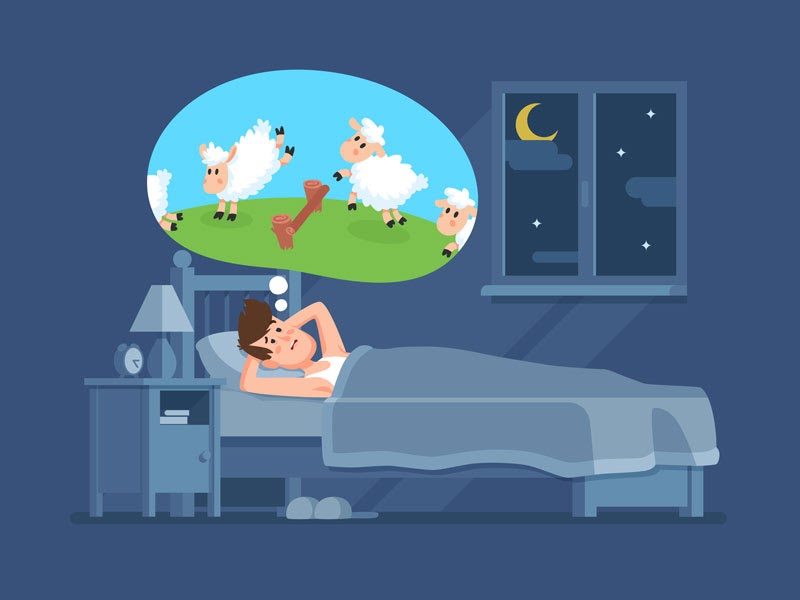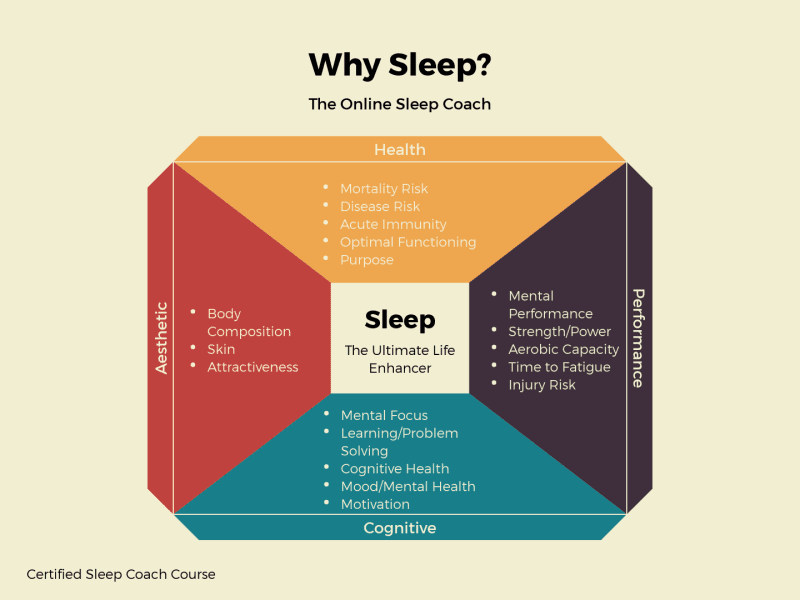The old adage turned out to be true, you really don’t know what you have until it’s gone. In this instance, we’re not talking about a former lover, but rather sleep. It is no secret that the year of 2020 has been hard on pretty much everybody. Normal life transformed in the blink of an eye, seemingly overnight as America went from being on the outskirts of the COVID-19 pandemic and into the inferno. A nationwide lockdown went into effect in mid-March, causing international travel to be prohibited, restaurants shutting down their dine-in service, school taking place almost exclusively online, and large-scale events being forbidden.
Many workers deemed “non-essential” found themselves suddenly working from home in an attempt to halt the spread of the novel coronavirus. Although the virus numbers seem to be on a downward trend, the aftershocks of the quarantine are still being felt, especially in conjunction with the ongoing social justice protests, blazing wildfires on the West Coast, and consistent roiling political turmoil that the country is facing. With all of this occurring in a relatively short period of time, it is no wonder that people report being more stressed out than usual.
Stress is a major trigger of an issue called insomnia, a sleep disorder which makes it hard for people to fall or stay asleep. Chronic insomnia (sleeplessness that lasts for a month or more) is an issue that has plagued people long before 2020 decided to unleash its wrath. The suggested amount of sleep for the average adult is between seven and nine hours of sleep nightly; a study done by the National Sleep Foundation showed that 63% of Americans get less than 6 hours of sleep every night. The disorder can be divided up into two distinct categories: primary insomnia, which is sleeplessness unrelated to a medical condition, and secondary insomnia, which is sleeplessness caused by either a physical or mental condition. In a turbulent year where mental health issues have skyrocketed, it is important to maintain a healthy sleep schedule in order to sustain both physical and mental health.
Lack of sleep and health risks
Restful sleep is the foundation of overall health and wellness. Sleep, or lack thereof, can affect everything from a person’s mental health to their physical condition.
There are many different complications of insomnia that manifest themselves in distinct ways. Chronic insomnia can result in slower reaction times, which can lead to automobile accidents during heavy commute periods. It can lead to an increased risk of heart disease and hypertension, especially on people that are already afflicted with high stress and anxiety.
A general sense of tiredness can lead to a decrease in job performance, elevating tension between employees and ultimately causing more stress for the sufferer. In addition to all these issues, insomnia can exacerbate existing mental health issues. Harvard University conducted a study in which adults and children that suffered from depression were monitored for insomnia. In a startling statistic, 65% to 90% of adults with depression experienced insomnia, while 90% of children who suffer from depression experience the same type of sleeplessness.
A similar study was done on people with bipolar disorder (particularly those with manic bipolar). Between 69% and 99% of these patients suffered from insomnia during a manic episode, in which they felt no need to sleep and chose to remain awake over resting.

Is it possible to improve my sleep health?
Fortunately, yes! There are many different methods utilized to fix acute and chronic insomnia. The Mayo Clinic’s website offers a number of tips on forming positive sleep habits, including:
· Consistent bedtime
· Regular activity and exercise
· Limited or no naps
· Limited consumption of alcohol (especially in the hours before bedtime)
· Only utilize your bedroom for sleep or sex (no working from home in the bedroom!)
· Create a bedtime ritual involving activities like reading, warm baths, or the use of a noise machine
As these are all behavioral modifications, they may not work for everyone, and a physician or other healthcare provider might need to get involved. Insomniacs with physical or mental illness might not find relief from the tips listed above and may find that they need medication in order to find more restful sleep.

Why is sleep so important now?
In the crazy times that we live in, it is more important now than ever to take care of yourself. Throughout the past six months, people across the nation have suffered from a disruption to daily life, teetering economic fragility, unemployment, and increasing familial tension due to being quarantined in the house together. All of these instances, especially when combined, can be a source of stress that is not good for the body or mind and will inevitably impair the body’s natural sleep process.
Sleep, as the stepping stone for health and wellness, should be the focus of health issues. Proper sleep habits and enough rest is integral in bringing about both physical and mental wellness in order to better cope with the hand this year has dealt everyone. While now may be a good time to build good sleep habits, it’s imperative that these habits do not fall by the wayside once life resumes as normal.
Once better sleep habits are in place, and people are generally more rested, we may find that we are better equipped to deal with times of turmoil when they occur. If you find that you may be suffering from insomnia, talk to your healthcare provider or therapist in order to discuss how to proceed, and what options would work best for you.
